Frank Bruni discusses his vision loss in one eye, and the resulting reframing of his priorities after the diagnosis that he could lose his sight in both eyes.
Read more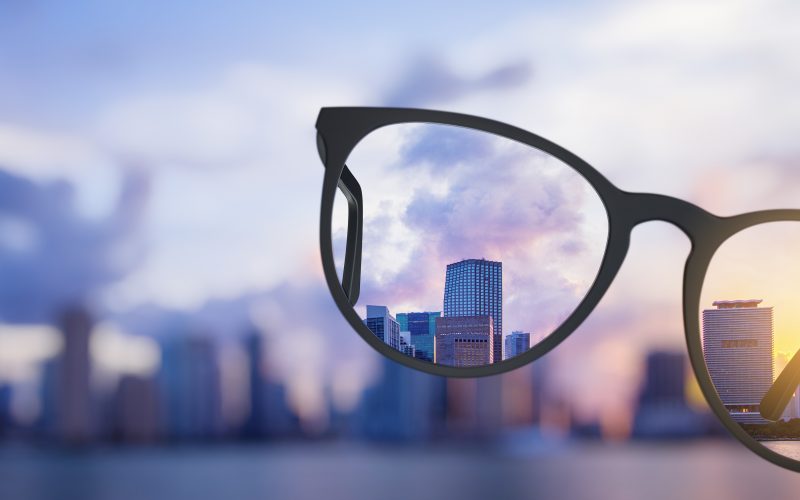


Frank Bruni discusses his vision loss in one eye, and the resulting reframing of his priorities after the diagnosis that he could lose his sight in both eyes.
Read more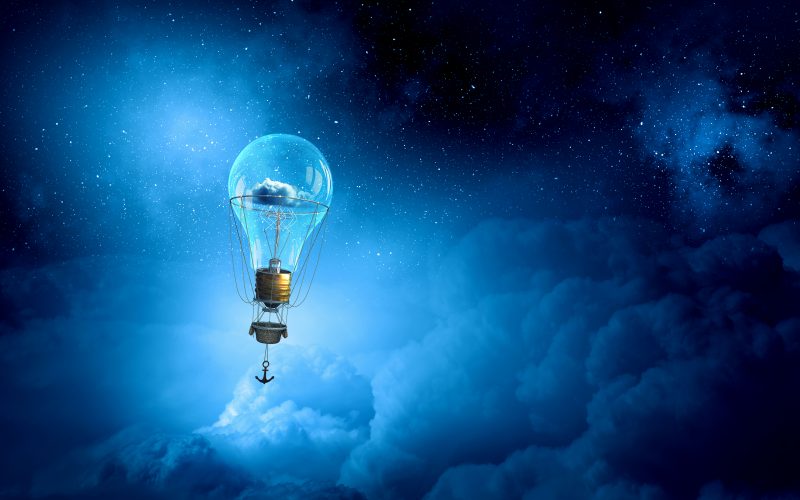
Cognitive neuroscientist Moshe Bar explains why divided attention can lead to bigger discoveries — from lessening anxiety to better connecting the dots of our daily lives.
Read more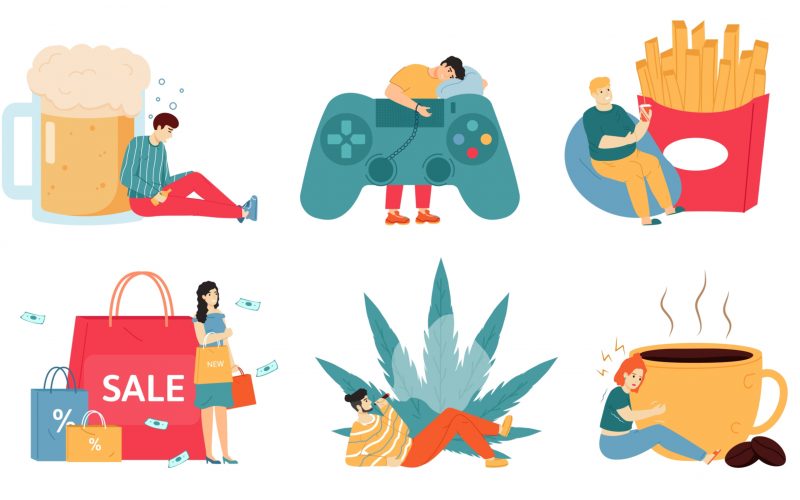
Dr. Anna Lembke, a medical director of Stanford Addiction Medicine, joins us to discuss the neuroscience of pleasure, why our bodies crave it, and the consequences of overconsumption.
Read more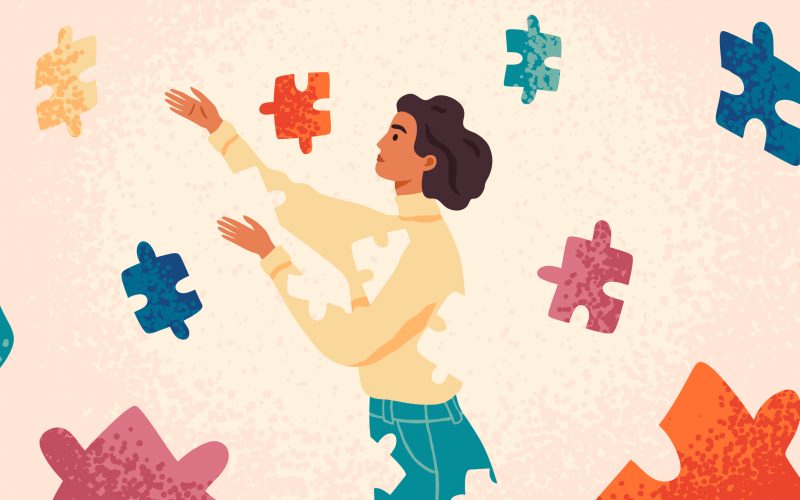
Olga Khazan talks about her quest to change five traits of her personality and the lessons she learned along the way.
Read more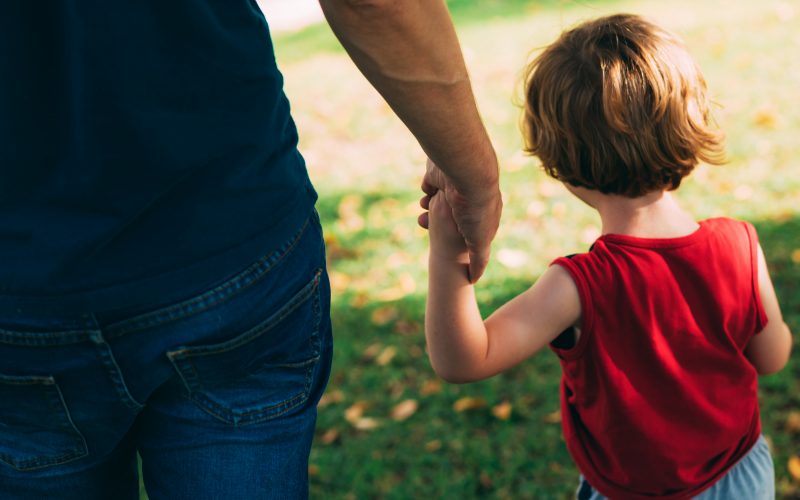
Heather Lanier joins us to discuss the personal struggles she faces parenting her daughter, a child with a very rare genetic disorder, while navigating a world that expects parents to raise high-achieving children.
Read more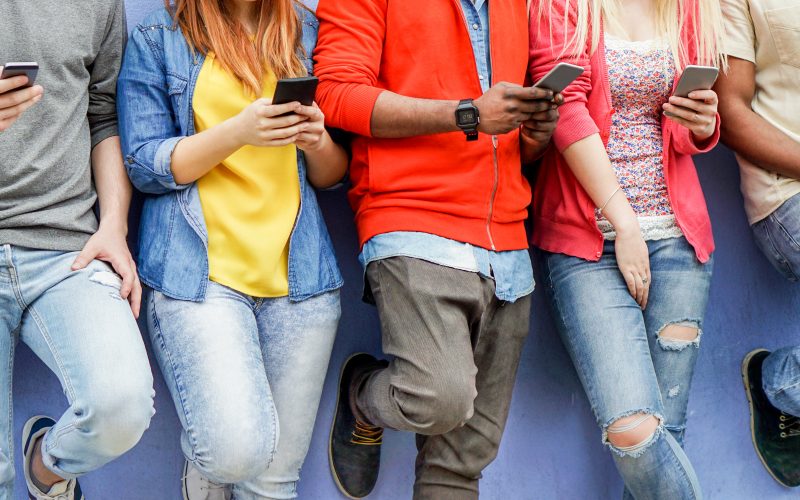
Journalist Johann Hari discusses why we’re only able to focus on tasks for minutes at a time, what happened to our attention span, and how these racing thoughts can be monetized by big tech.
Read more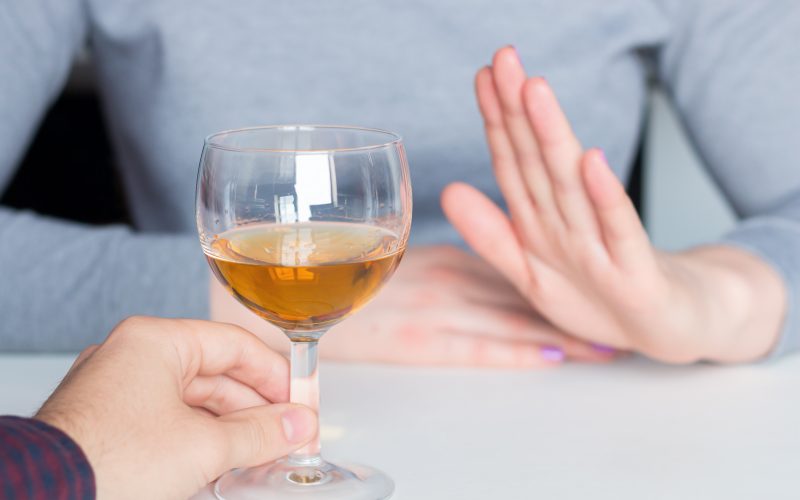
Danielle Tcholakian discusses the first year she lived without alcohol – a year during which so many people lived in fear and isolation at the beginning of the pandemic.
Read more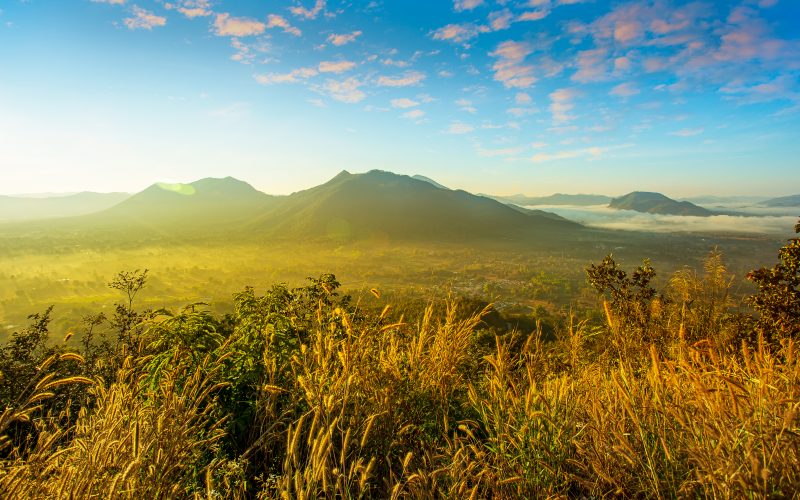
Lucy Jones joins us to talk about her story of overcoming addiction by forming a deep connection with the beauty of nature, and the biological reasons humans need to be outside.
Read more
Nate Zinsser, director of West Point’s Performance-Psychology program, lays out his step-by-step guide to overcoming the mental pressures holding us back.
Read more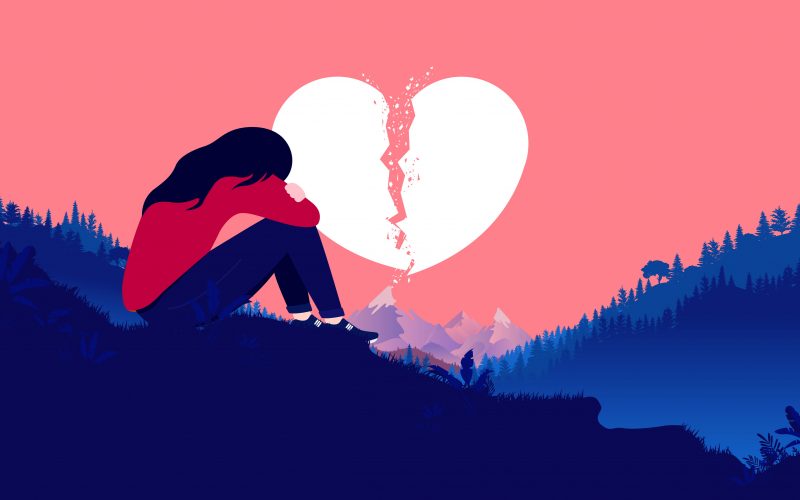
Journalist Florence Williams talks about her painful divorce and how that led her to uncover the latest research on loneliness and its connection to health.
Read more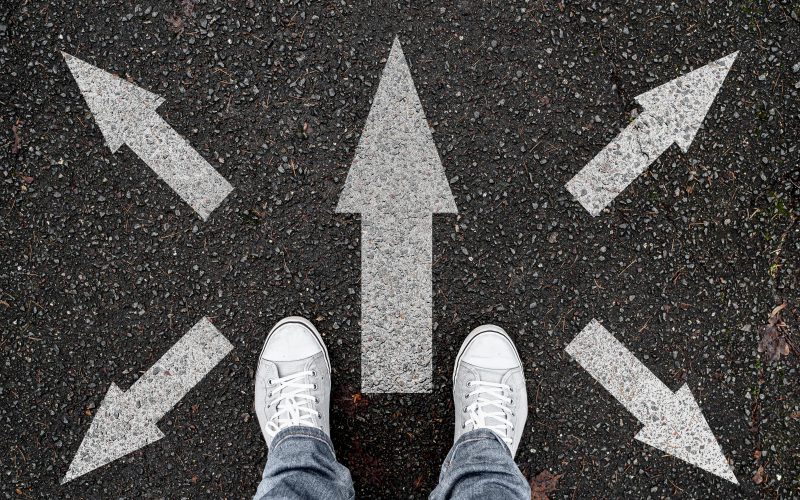
Theoretical physicist Leonard Mlodinow discusses emerging science working to better understand how our decisions, big and small, are influenced by our emotions.
Read more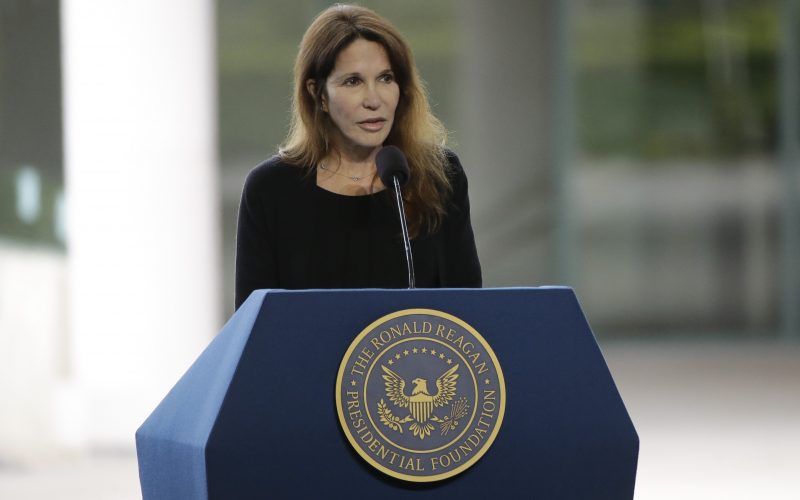
Patti Davis joins us to discuss the support group she founded and the struggle with prolonged grief that comes with the illness.
Read more